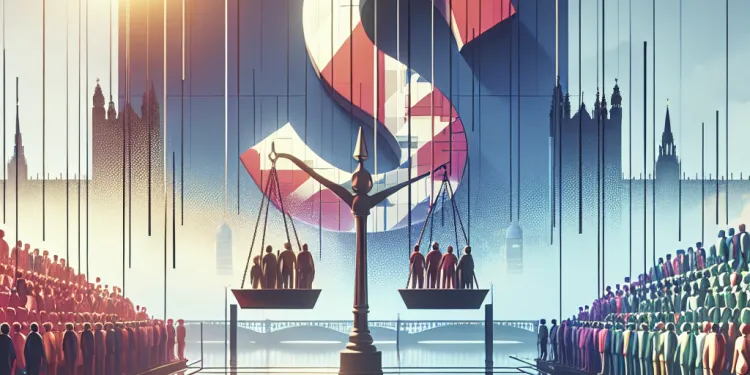
Find Help
More Items From Ergsy search
-
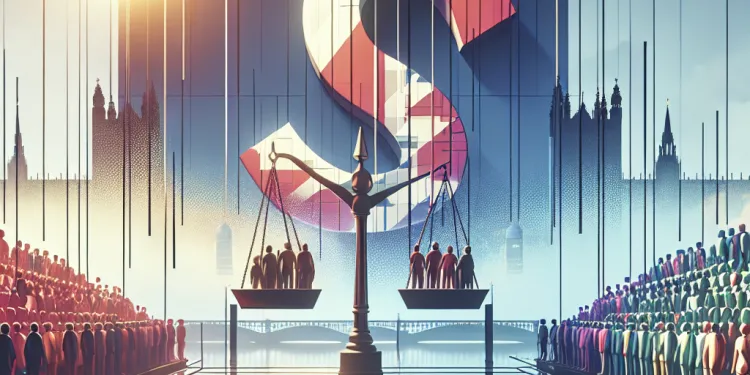
Supreme Court Delivers Key Ruling on Electoral Reform
Relevance: 100%
-
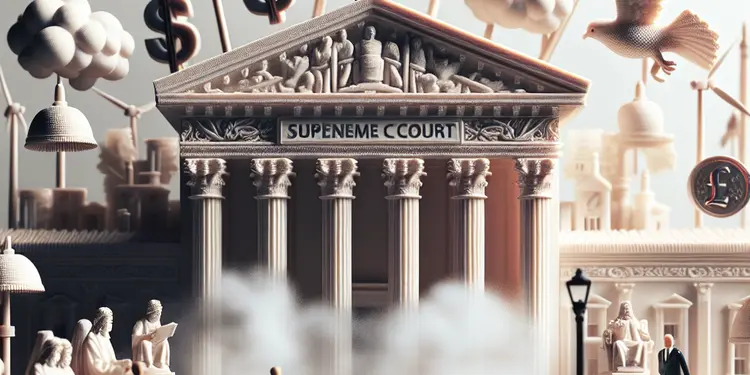
Supreme Court to Hear Landmark Case on Environmental Regulations
Relevance: 43%
-
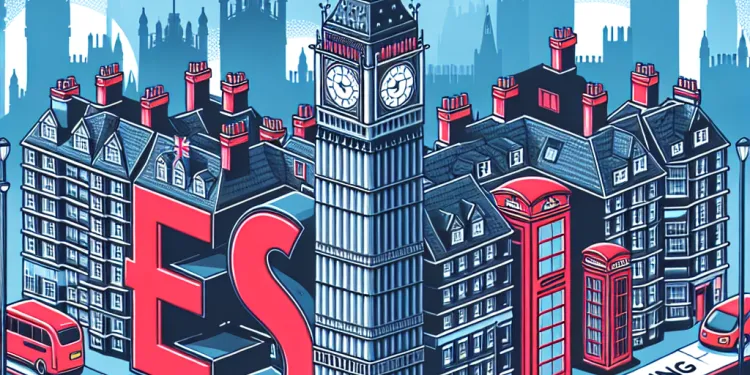
Are there reforms concerning subletting?
Relevance: 26%
-
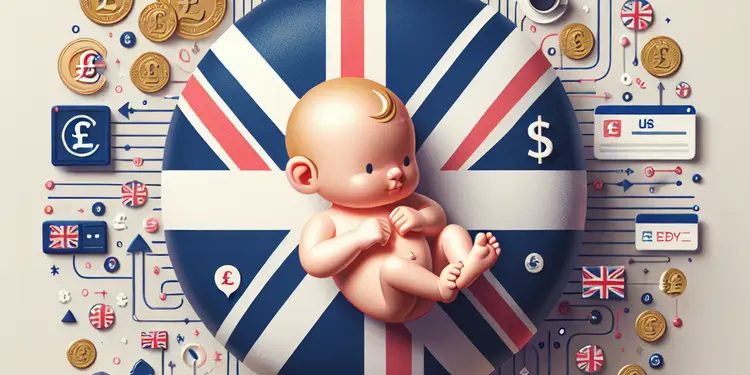
Have the rules for changing a child's name in family court changed in 2026?
Relevance: 25%
-
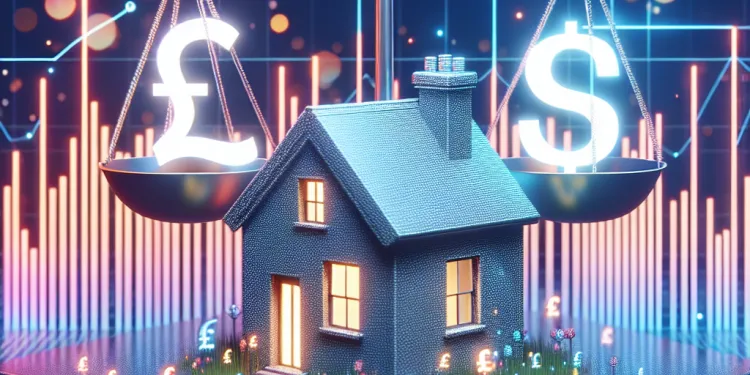
What are the new Tenancy Law Reforms in the UK in 2025?
Relevance: 24%
-
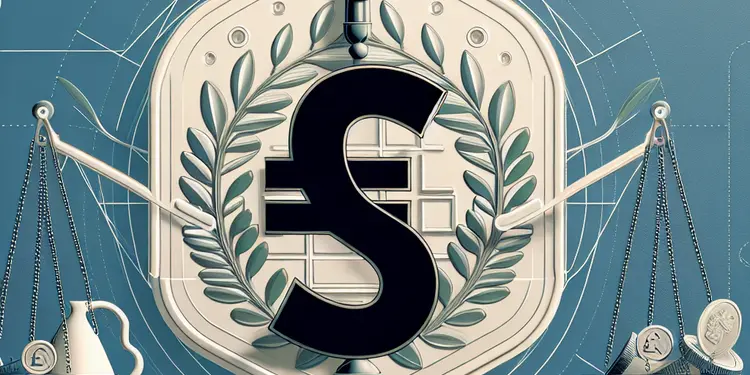
High Court Ruling on Universal Credit 'Unlawful' Cap Pending
Relevance: 24%
-
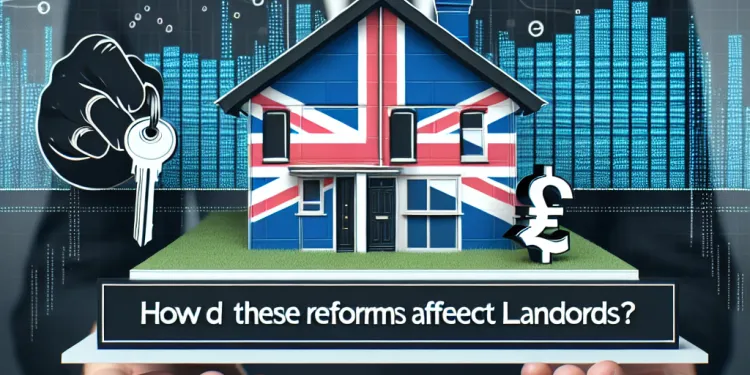
How do these reforms affect landlords?
Relevance: 23%
-
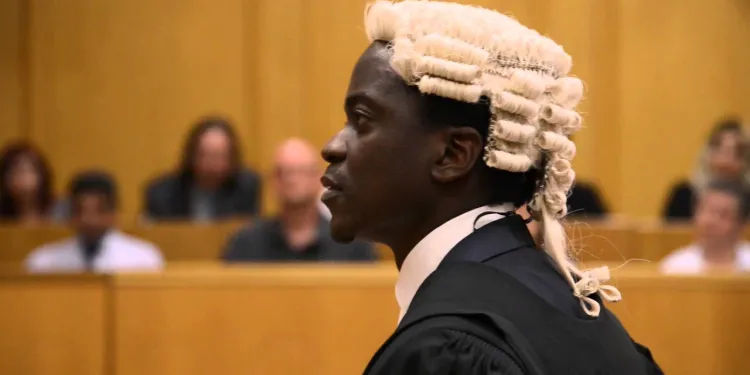
The Crown Court
Relevance: 23%
-

Who created Jess's Rule?
Relevance: 23%
-
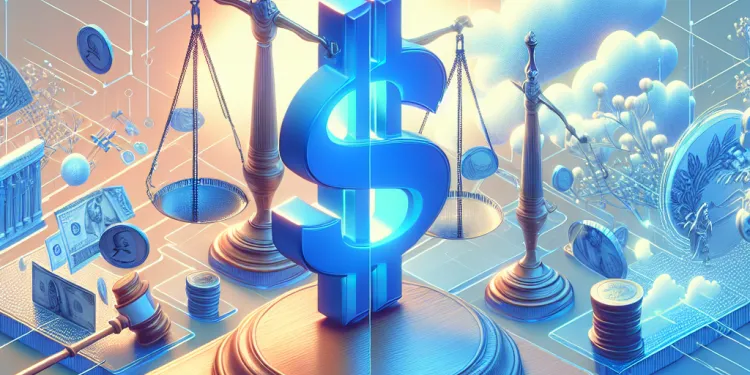
High Court Rules on Controversial Data Privacy Case
Relevance: 22%
-
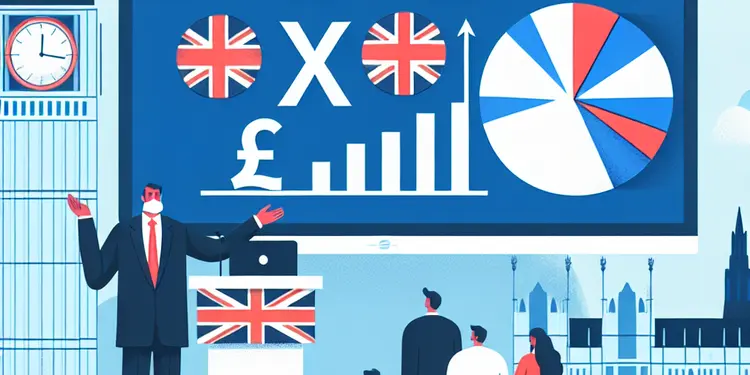
Chancellor Unveils Plans to Reform UK Tax System
Relevance: 22%
-

Does the reform address uninhabitable properties?
Relevance: 21%
-
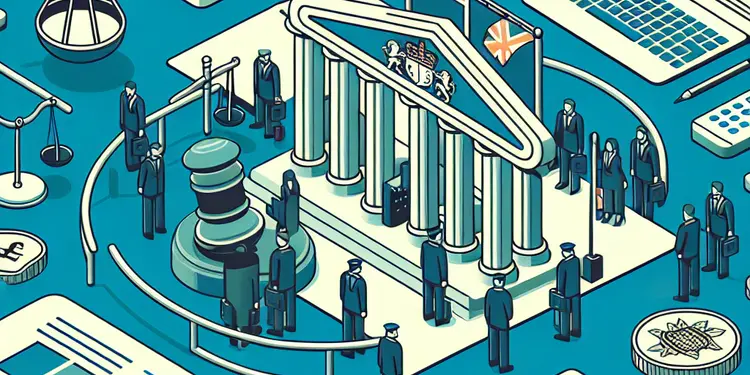
Calls for Reform as Report Highlights Disparities in Sentencing Practices
Relevance: 21%
-
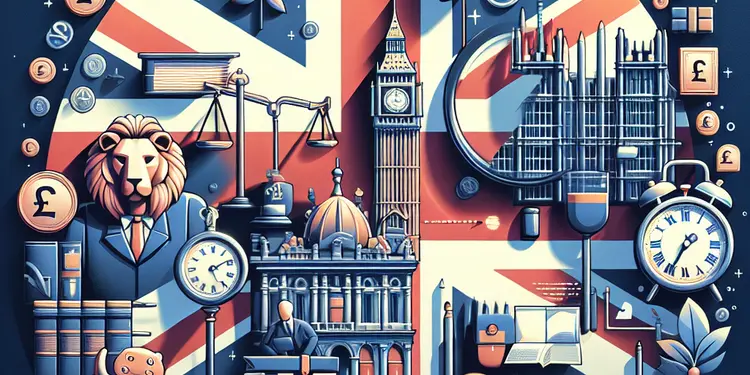
Is there a standard minimum or maximum time for a case to reach court?
Relevance: 21%
-
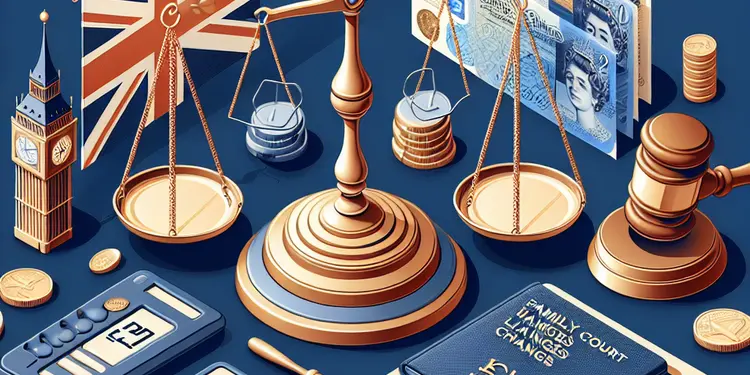
What are the changes to Family Court Law in 2026?
Relevance: 20%
-
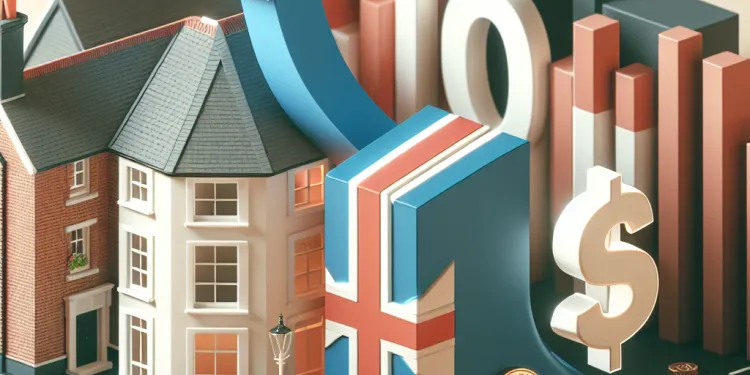
How does the reform impact renting costs?
Relevance: 20%
-
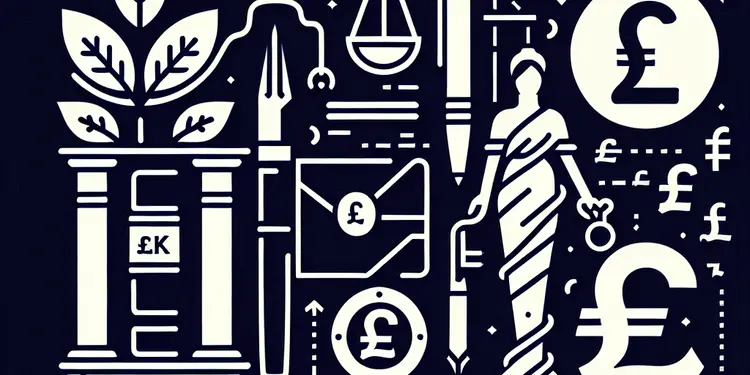
How have prenup agreements been affected by the 2026 family court changes?
Relevance: 20%
-
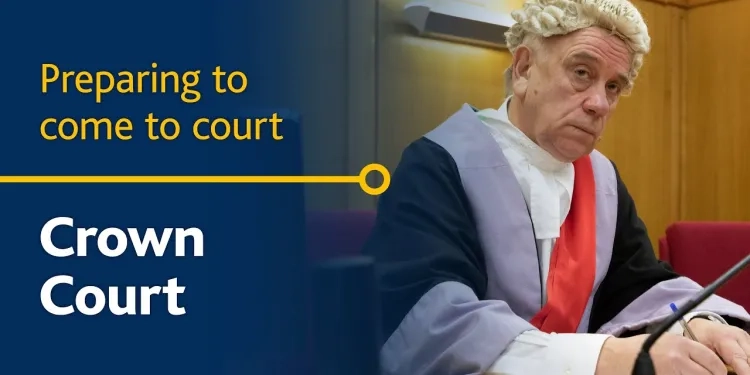
Crown Court - Preparing to come to court
Relevance: 19%
-
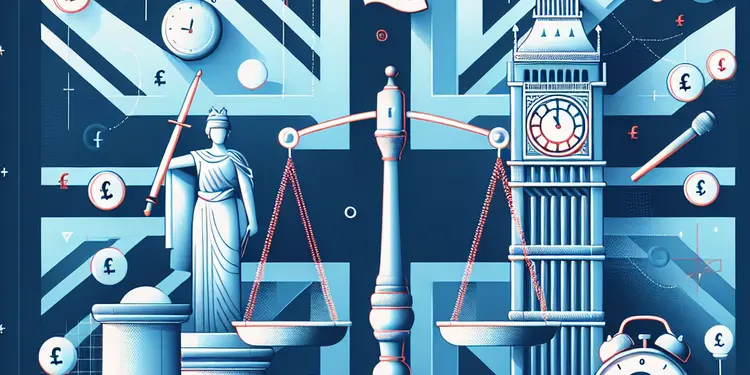
Does the jurisdiction affect how long it takes for a case to come to court?
Relevance: 19%
-
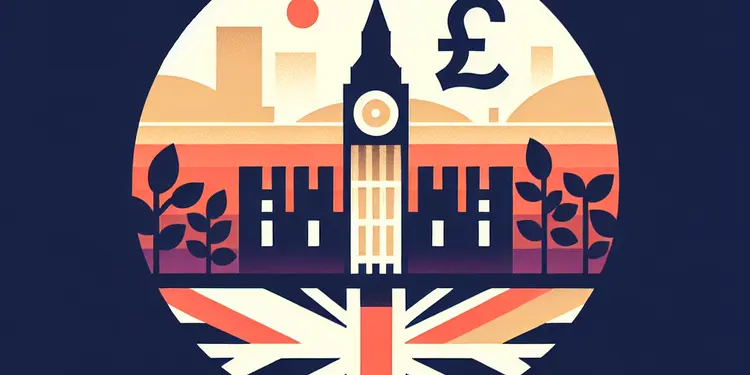
Where is Jess's Rule commonly applied?
Relevance: 19%
-
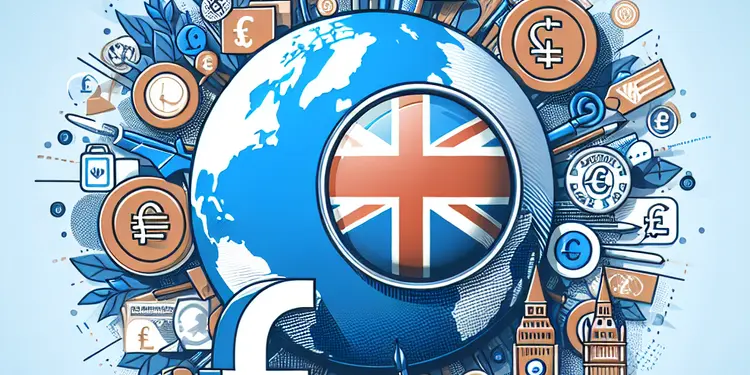
Did the US propose reforms to the WHO before deciding to leave?
Relevance: 19%
-
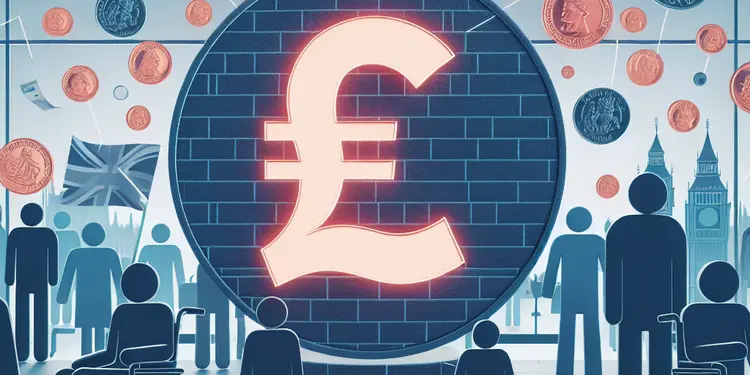
Debate Intensifies Over Welfare Reforms Impacting Disabled Citizens
Relevance: 19%
-
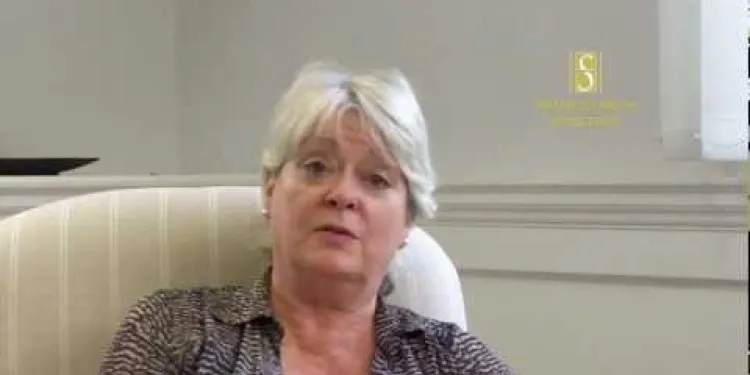
Court of Protection
Relevance: 19%
-
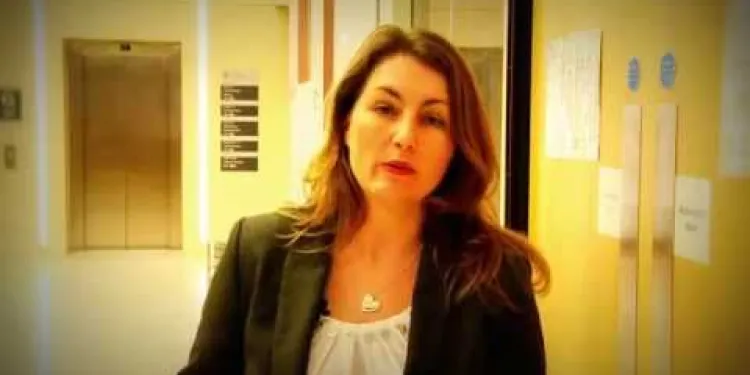
The Family Court without a Lawyer
Relevance: 19%
-

What is Jess's Rule?
Relevance: 19%
-
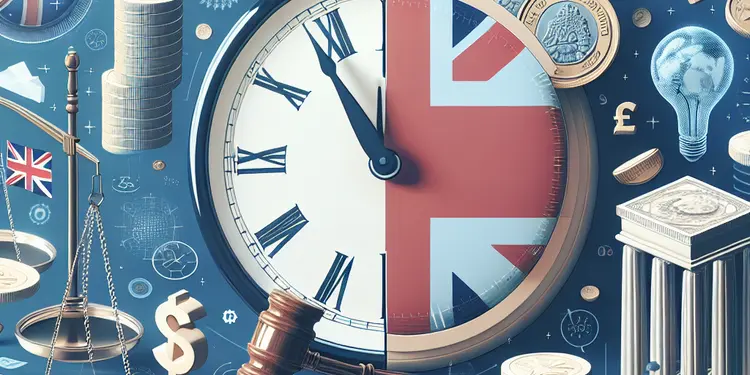
What factors affect the time it takes for a case to come to court?
Relevance: 18%
-
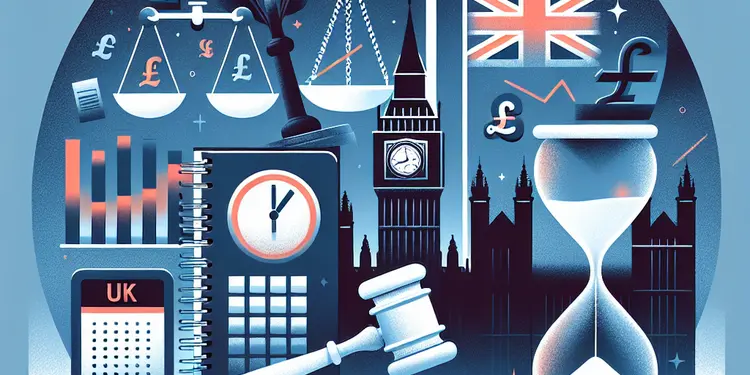
How do court holidays affect the timeline for a case to come to court?
Relevance: 18%
-
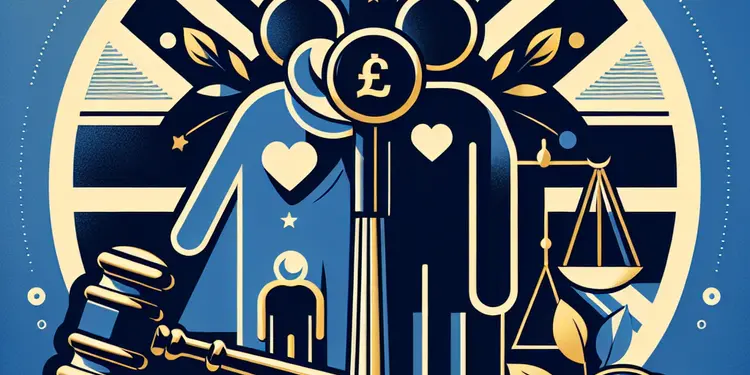
Are there modifications to legal aid access in family court for 2026?
Relevance: 18%
-

A History of The Church of England
Relevance: 18%
-

Have the rights of same-sex couples been affected by the 2026 family court changes?
Relevance: 18%
-
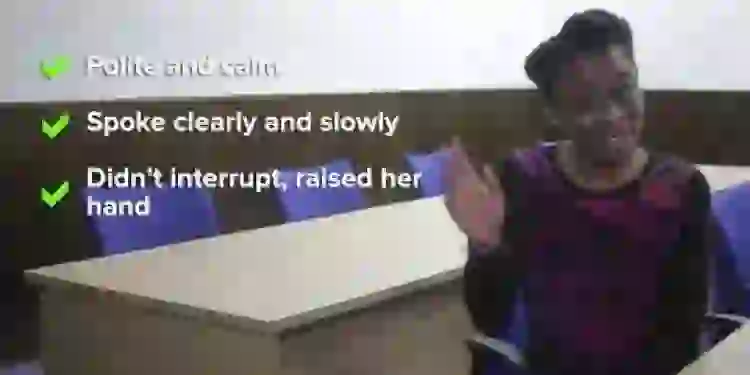
How to represent yourself in family court in England and Wales
Relevance: 18%
-
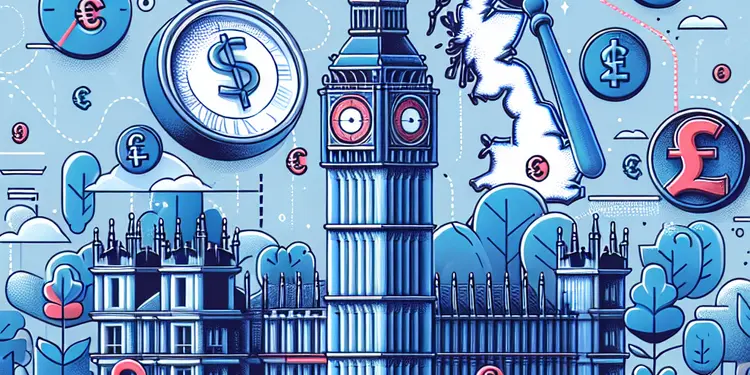
Does the location of the court affect case timing?
Relevance: 18%
-
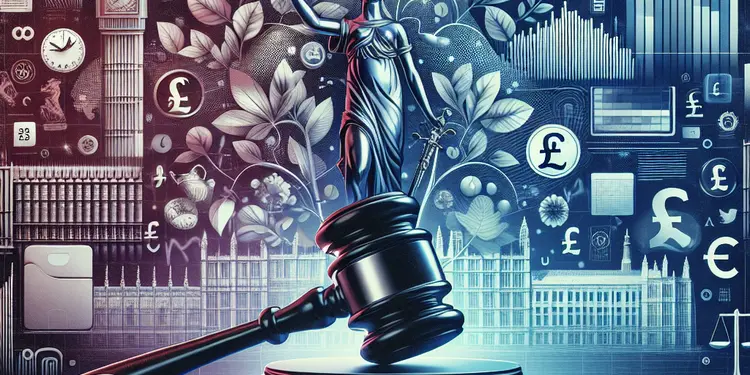
How are parental rights addressed differently in the 2026 family court updates?
Relevance: 17%
-
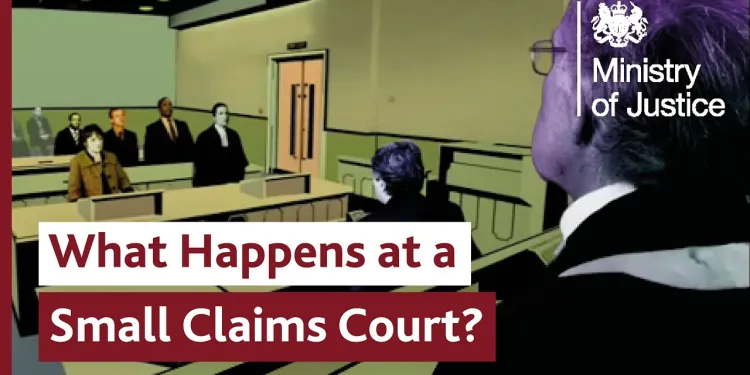
What Happens at Small Claims Court? Making a Court Claim for Money
Relevance: 17%
-
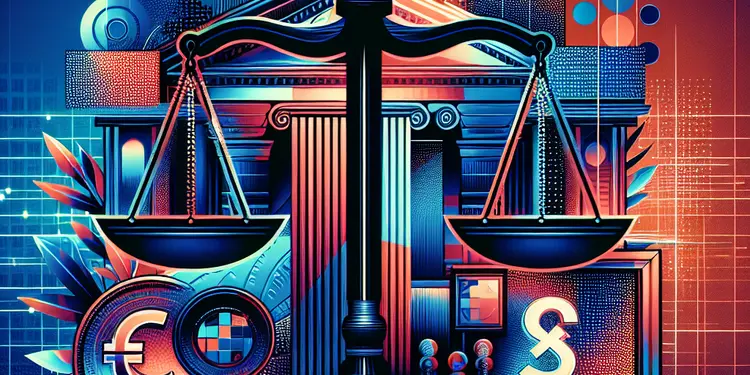
Can the Attorney General override a court decision?
Relevance: 17%
-
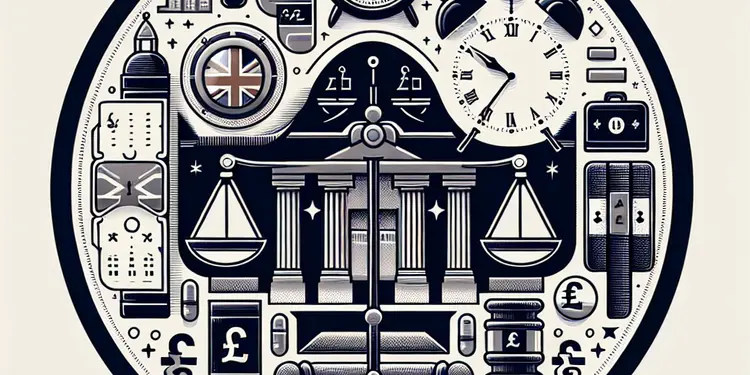
What is a typical timeline for a civil case to come to court?
Relevance: 17%
-
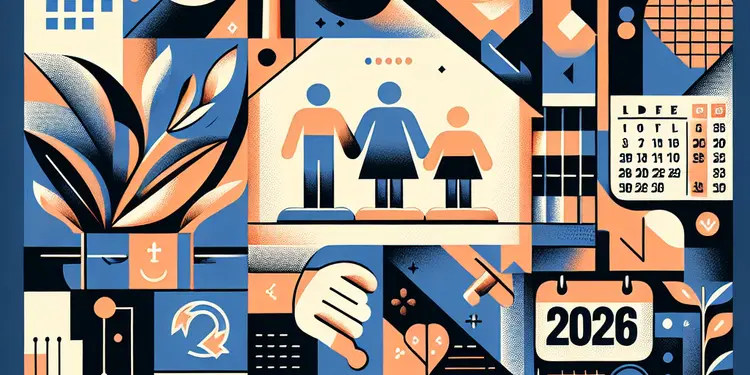
What are the key changes to family court law in 2026?
Relevance: 17%
-
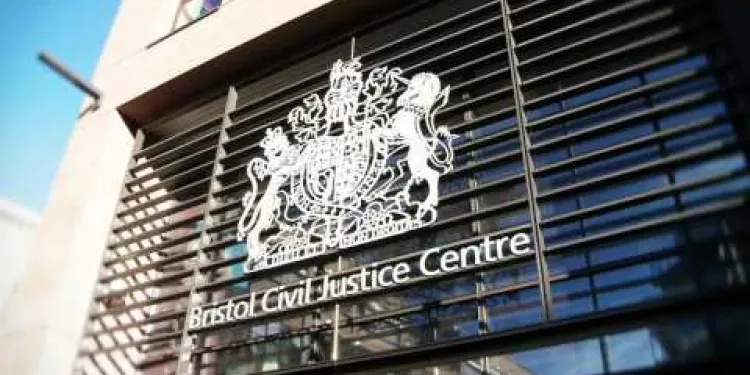
The Family Court without a Lawyer - Video 1 of 3
Relevance: 17%
-
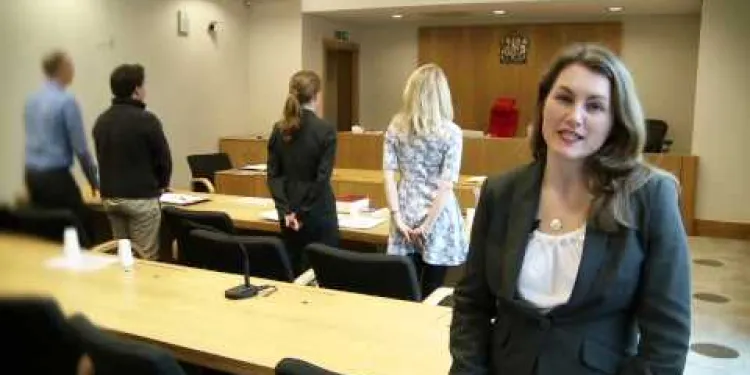
The Family Court without a Lawyer - Video 2 of 3
Relevance: 16%
-
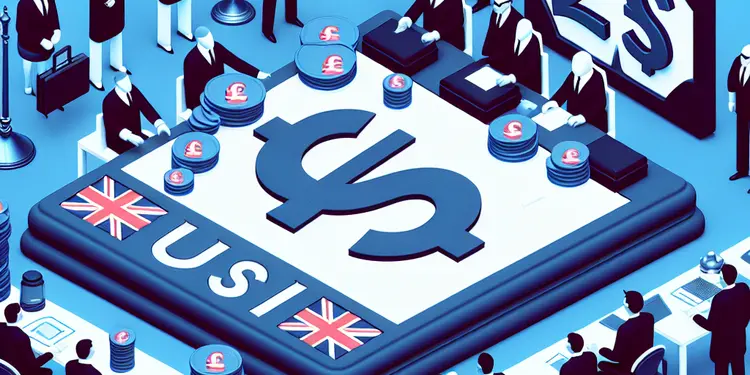
Why do courts issue indefinite prison sentences?
Relevance: 16%
Overview of the Supreme Court Ruling
The UK Supreme Court recently delivered a pivotal ruling that addresses significant aspects of electoral reform. The decision is expected to have far-reaching implications for the way elections are conducted in the United Kingdom. This landmark judgment comes at a time when there is increasing public discourse around the integrity and fairness of electoral processes.
Background to the Case
The case was brought before the Supreme Court following a series of legal challenges concerning the compatibility of certain electoral procedures with the UK’s core democratic principles. Concerns were raised about the potential for outdated frameworks to affect the fairness of elections. Various stakeholders, including political parties, civil society groups, and electoral officers, have been vocally divided on these issues.
Key Points of the Ruling
In its judgment, the Supreme Court outlined several key points. Firstly, it reaffirmed the necessity for electoral processes to remain both free and fair, emphasizing transparency and public confidence. Secondly, it addressed specific laws that were contested, identifying those that require reconsideration by Parliament. The court called for amendments aimed at enhancing voter participation and ensuring equal representation. Importantly, the ruling also touched on the role of emerging technologies in elections, suggesting that existing laws be updated to address digital innovations.
Implications for Electoral Reform
The ruling has significant implications for future electoral reforms in the UK. It is expected to prompt Parliament to engage in rigorous debate and possibly legislate new measures to improve electoral integrity and inclusivity. The decision may lead to the introduction of more modernized practices, such as electronic voting or enhanced voter registration systems, making the electoral process more accessible to all eligible voters.
Reactions and Responses
The ruling has elicited various responses across the political spectrum. Supporters of reform have hailed the decision as a step towards more robust democratic practices. They argue that it paves the way for much-needed updates to the electoral system that could strengthen democracy in the UK. Meanwhile, some critics caution against hasty changes, suggesting that any reform should be thoroughly evaluated and tested to prevent unforeseen complications. Overall, the decision has renewed interest in electoral reform and could catalyze substantive discussions among the public and policymakers.
Conclusion
The Supreme Court's decision on electoral reform represents a significant moment in the UK's ongoing journey to uphold and improve democratic processes. While the ruling itself does not directly change the laws, its call for legislative action sets the stage for potential reforms. As the UK navigates these challenges, the emphasis remains on ensuring that elections are conducted in a manner that is truly fair, transparent, and reflective of the will of the people.
Overview of the Supreme Court Decision
The UK Supreme Court made an important decision about how elections should work. This decision might change how people vote in the UK. Many people have been talking about making elections fairer and more honest.
Background to the Case
There was a problem with some voting rules not being fair. Different groups, like political parties and community groups, argued about whether the rules should change. Some people thought the old rules did not make elections fair.
Main Points of the Decision
The Supreme Court said voting must be free and fair so people trust the system. They talked about some laws that might need changes. They want to make it easier for people to vote. The court also talked about using new technology, like computers, in voting. They said the laws should be updated for this.
What This Means for Elections
This decision might change how the UK does elections in the future. Parliament could create new rules to make voting better and include everyone. They might consider things like voting on the computer or making it easier to register to vote. This could help more people to vote.
Reactions to the Decision
Different people feel differently about the decision. Some people think it is good because it might make voting fairer. They hope new rules will make the UK’s democracy stronger. Others worry that changes might happen too quickly and should be tested first. Many people are talking about how to make voting better.
Conclusion
The Supreme Court’s decision is a big step in improving how people vote in the UK. The decision does not change the law yet, but it suggests that Parliament should make some changes. The goal is to make sure elections are fair and show what people really want.
Frequently Asked Questions
What is the key ruling on electoral reform by the Supreme Court?
The Supreme Court ruling addresses significant changes to existing electoral laws, potentially impacting how elections are conducted.
How does this ruling affect voters?
The ruling could alter voter registration processes, voting methods, or eligibility criteria, affecting how citizens participate in elections.
What are the potential impacts on political parties?
The ruling may place new restrictions or provide new opportunities for political parties in organizing campaigns and reaching voters.
Does the ruling change how votes are counted?
The decision may include provisions on vote counting procedures to ensure accuracy and fairness, though specific changes depend on the ruling's details.
Why was this issue brought to the Supreme Court?
The case likely arose due to disputes over the constitutionality of certain electoral laws or practices, prompting legal challenges that reached the Supreme Court.
What was the Supreme Court's vote count on this ruling?
The vote count reflects the justices' decisions and can indicate whether the ruling was unanimous or divided, with details available in the court's opinion.
How quickly will the changes from this ruling be implemented?
Implementation timelines depend on the ruling's requirements and how quickly legislative or regulatory bodies can act upon them.
Will this ruling affect upcoming elections?
If the changes are implemented swiftly, they could impact elections scheduled in the near future, altering preparations by election officials and candidates.
What are the arguments in favor of the ruling?
Supporters might argue the ruling improves electoral integrity, ensures equality, or aligns with constitutional principles.
What are the criticisms against the ruling?
Critics may claim the ruling restricts voting rights, creates logistical challenges, or favors certain political groups over others.
Have similar rulings been made in the past?
The Supreme Court has a history of addressing electoral laws, with precedents that might have influenced this decision.
Who are the main stakeholders affected by this ruling?
Stakeholders include voters, political parties, election officials, and advocacy groups focused on voting rights and electoral integrity.
What is the legal basis for the Supreme Court’s decision?
The decision is based on interpretations of the constitution, federal and state laws, and precedent cases relevant to electoral matters.
Are there any dissenting opinions from the justices?
Dissenting opinions, if any, provide insight into differing judicial perspectives and the complexities of the legal issues involved.
Could this ruling lead to further legal challenges?
The ruling may prompt new cases if stakeholders believe it leads to unfair practices or conflicts with other legal standards.
What organizations support this ruling?
Support may come from groups advocating for electoral reform, political transparency, or certain political interests aligned with the ruling's outcomes.
What organizations oppose this ruling?
Opposition might arise from civil rights groups, political parties affected negatively, or organizations focused on voter access and participation.
How does this ruling compare to international electoral laws?
Comparisons can be made by examining international standards and practices in electoral governance and how this ruling aligns or deviates.
What are the next steps for implementing this ruling?
Implementation requires action by state and federal agencies, possible amendments to existing laws, and coordination with electoral bodies.
Where can I find the full text of the Supreme Court ruling?
The ruling is publicly available on the Supreme Court's official website and may be accessible through legal databases or public records.
What did the Supreme Court decide about changing how we vote?
The Supreme Court has made an important decision. It changes some rules about voting and how elections are done. This might change how people vote in the future.
How does this decision change things for people who vote?
This means something new for voters. If you vote, here is what might change:
- New rules could mean you vote in a different way.
- Some places might change the way you register to vote.
- It might change where you go to vote.
To understand better, you can:
- Ask someone you trust to explain it to you.
- Look for news on TV or radio that talks about the changes.
- Check websites with simple information about voting.
The decision might change how people sign up to vote, how they vote, or who can vote. This could change how people take part in elections.
What might happen to political groups?
This new rule might change how political parties can run their campaigns and talk to voters. It could make it harder or easier for them.
Does the new decision change how votes are counted?
This sentence is asking if something new changes how we count people’s choices in an election.
To help understand:
- Read each word slowly.
- Ask someone to explain if you are unsure.
- Try using a dictionary to find simple meanings.
The decision might say how to count votes in a way that is fair and correct. We will know the exact changes when we see the decision.
Why did the Supreme Court need to decide on this issue?
Sometimes, there are questions or problems that are really important. The courts are places that help decide what is fair and what is not. The biggest and most important court is called the Supreme Court. When a problem is very big or tricky, the Supreme Court helps to decide what is right.
If you're having trouble understanding, you can ask someone to explain, use a dictionary, or watch a video about the Supreme Court. These tools can help make things clearer.
This case happened because people disagreed about voting rules. They said these rules might not be fair or allowed by the Constitution. So, they went to the highest court, called the Supreme Court, to decide.
How many judges agreed or disagreed in the Supreme Court's decision?
Tip: You can use pictures or drawings to help understand tough words.
The vote count shows how the judges decided. It tells us if they all agreed or if they had different opinions. You can find more details in the court's written decision.
When will the new rules start?
How long something takes depends on the rules and how fast people can make changes or new laws.
Will this decision change future voting?
If the changes happen quickly, they could affect upcoming elections. This means people who run the elections and those who want to be elected might have to change their plans.
Why do some people think the decision is good?
Here are some reasons why people agree with the decision. They think it can help. Using pictures or talking to someone about the reasons might help you understand better.
Some people think this decision makes voting more fair, keeps things equal for everyone, and follows important rules.
Why do some people not like the decision?
Some people think the new rule makes it harder for people to vote. They say it might make things more complicated and could help some political groups more than others.
Have there been similar decisions before?
The Supreme Court has looked at voting rules many times before. The judges’ past decisions might have helped them decide this time.
Who are the important people in this decision?
People who have a say in elections are:
- Voters: people who vote in elections.
- Political parties: groups that want to win elections.
- Election officials: people who run the elections.
- Advocacy groups: groups that care about fair and safe elections.
Why did the Supreme Court make their choice?
The choice is made by looking at important rules and past cases that help decide what is right and fair in voting.
Do all the judges agree?
Sometimes judges do not all agree on a decision. When this happens, it means one or more judges think differently.
If a judge thinks differently, they can write down their own thoughts. This is called a "dissenting opinion."
Think of it like when you and your friends decide what game to play. If some friends want to play a different game, they have their own ideas. You can share these ideas in a nice way.
You can use tools like a dictionary to help with new words. You can also ask a teacher or a friend to explain more if you need help.
Dissenting opinions show how judges might think differently about a case. They help us understand that law can be complicated and people can have different views on it.
Will this decision cause more court cases?
The decision might make more people go to court if they think it's not fair or if it doesn't follow other laws.
Here are some things that can help you:
- Reading tools online can read words out loud to you.
- Ask someone to explain words you don't understand.
- Break down big sentences into smaller parts to make them easier to read.
Who agrees with this decision?
Help might come from groups who want to change the way we vote, want to make politics more open, or agree with the decision that was made.
Who does not like this decision?
Some groups might not like this. They could be:
- Groups that care about people's rights.
- Political parties that don’t like the change.
- Groups that work to help people vote and join in.
These groups might say why they don't like it. They might offer ideas to make things better.
People can use tools to read better. They can listen to audio books. They can use apps that help reading. They can ask someone for help to understand better.
How is this decision different from voting rules in other countries?
We can compare by looking at rules and ways different countries handle elections. We check if this decision is similar or different from the usual ways.
What do we do next to follow this rule?
Here are some simple steps you can take:
- Read the rule carefully.
- Make a list of what you need to do.
- Ask someone if you need help understanding.
- Break down tasks into small steps.
- Use tools like reminders or calendars to stay on track.
It's important to take things one step at a time and ask for help if you need it.
To make it happen, state and federal groups need to take action. They might need to change some laws and work together with election groups.
How can I read the full decision of the Supreme Court?
You can read the whole decision from the Supreme Court. It might help to ask a friend or use a computer to search online. You can also visit a library. Libraries often have people who can help you find books and information.
You can find the decision on the Supreme Court's website. You might also find it in legal websites or public records.
Useful Links
This website offers general information and is not a substitute for professional advice.
Always seek guidance from qualified professionals.
If you have any medical concerns or need urgent help, contact a healthcare professional or emergency services immediately.
Some of this content was generated with AI assistance. We’ve done our best to keep it accurate, helpful, and human-friendly.
- Ergsy carfully checks the information in the videos we provide here.
- Videos shown by Youtube after a video has completed, have NOT been reviewed by ERGSY.
- To view, click the arrow in centre of video.
- Most of the videos you find here will have subtitles and/or closed captions available.
- You may need to turn these on, and choose your preferred language.
- Go to the video you'd like to watch.
- If closed captions (CC) are available, settings will be visible on the bottom right of the video player.
- To turn on Captions, click settings .
- To turn off Captions, click settings again.
More Items From Ergsy search
-

Supreme Court Delivers Key Ruling on Electoral Reform
Relevance: 100%
-

Supreme Court to Hear Landmark Case on Environmental Regulations
Relevance: 43%
-

Are there reforms concerning subletting?
Relevance: 26%
-

Have the rules for changing a child's name in family court changed in 2026?
Relevance: 25%
-

What are the new Tenancy Law Reforms in the UK in 2025?
Relevance: 24%
-

High Court Ruling on Universal Credit 'Unlawful' Cap Pending
Relevance: 24%
-

How do these reforms affect landlords?
Relevance: 23%
-

The Crown Court
Relevance: 23%
-

Who created Jess's Rule?
Relevance: 23%
-

High Court Rules on Controversial Data Privacy Case
Relevance: 22%
-

Chancellor Unveils Plans to Reform UK Tax System
Relevance: 22%
-

Does the reform address uninhabitable properties?
Relevance: 21%
-

Calls for Reform as Report Highlights Disparities in Sentencing Practices
Relevance: 21%
-

Is there a standard minimum or maximum time for a case to reach court?
Relevance: 21%
-

What are the changes to Family Court Law in 2026?
Relevance: 20%
-

How does the reform impact renting costs?
Relevance: 20%
-

How have prenup agreements been affected by the 2026 family court changes?
Relevance: 20%
-

Crown Court - Preparing to come to court
Relevance: 19%
-

Does the jurisdiction affect how long it takes for a case to come to court?
Relevance: 19%
-

Where is Jess's Rule commonly applied?
Relevance: 19%
-

Did the US propose reforms to the WHO before deciding to leave?
Relevance: 19%
-

Debate Intensifies Over Welfare Reforms Impacting Disabled Citizens
Relevance: 19%
-

Court of Protection
Relevance: 19%
-

The Family Court without a Lawyer
Relevance: 19%
-

What is Jess's Rule?
Relevance: 19%
-

What factors affect the time it takes for a case to come to court?
Relevance: 18%
-

How do court holidays affect the timeline for a case to come to court?
Relevance: 18%
-

Are there modifications to legal aid access in family court for 2026?
Relevance: 18%
-

A History of The Church of England
Relevance: 18%
-

Have the rights of same-sex couples been affected by the 2026 family court changes?
Relevance: 18%
-

How to represent yourself in family court in England and Wales
Relevance: 18%
-

Does the location of the court affect case timing?
Relevance: 18%
-

How are parental rights addressed differently in the 2026 family court updates?
Relevance: 17%
-

What Happens at Small Claims Court? Making a Court Claim for Money
Relevance: 17%
-

Can the Attorney General override a court decision?
Relevance: 17%
-

What is a typical timeline for a civil case to come to court?
Relevance: 17%
-

What are the key changes to family court law in 2026?
Relevance: 17%
-

The Family Court without a Lawyer - Video 1 of 3
Relevance: 17%
-

The Family Court without a Lawyer - Video 2 of 3
Relevance: 16%
-

Why do courts issue indefinite prison sentences?
Relevance: 16%


